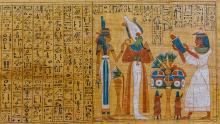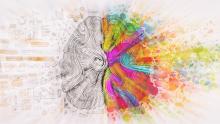Rejoice, no one is entirely opposed to addressing their misbeliefs

The EU-funded DEBUNKER project has been studying the mechanisms creating, reinforcing and correcting misperceptions. Early findings provide a glimmer of hope for those willing to right the wrongs of conspiracy theories, misinformation and fake news. These findings offer hope that our societies can become less polarised and divided and more transparent, ultimately benefiting all citizens.









